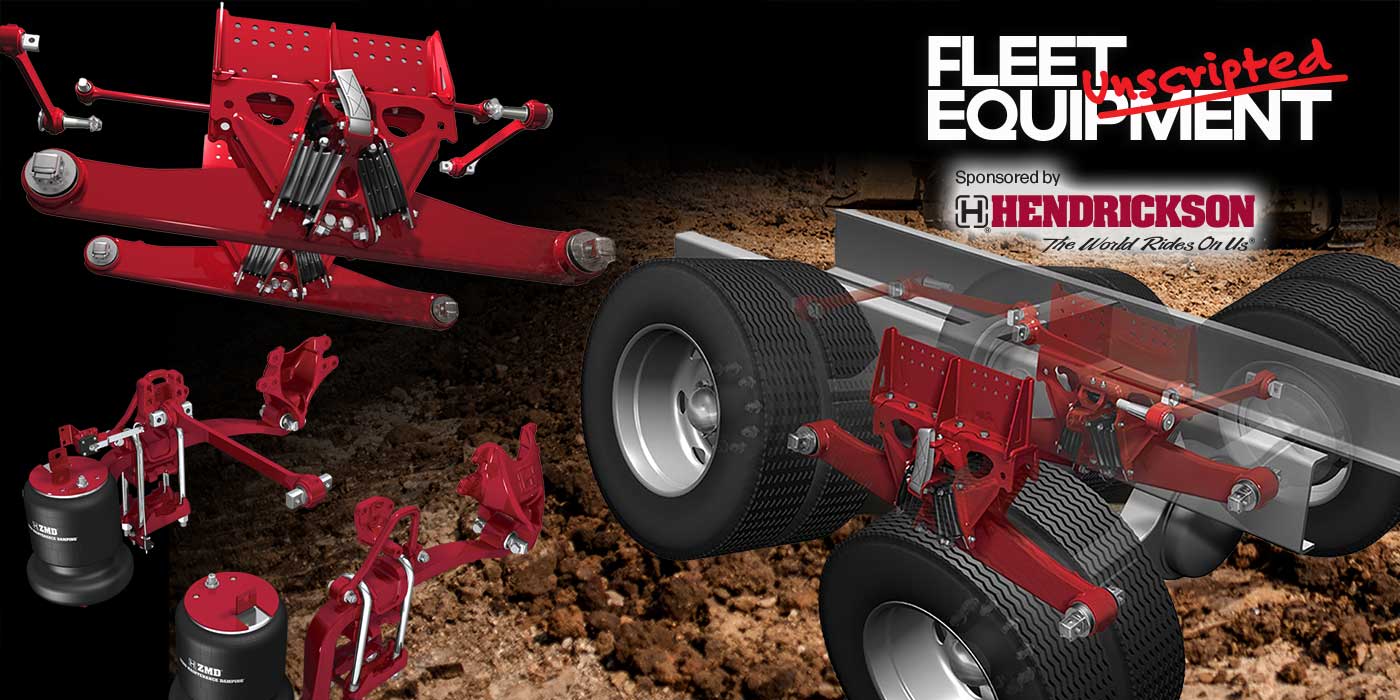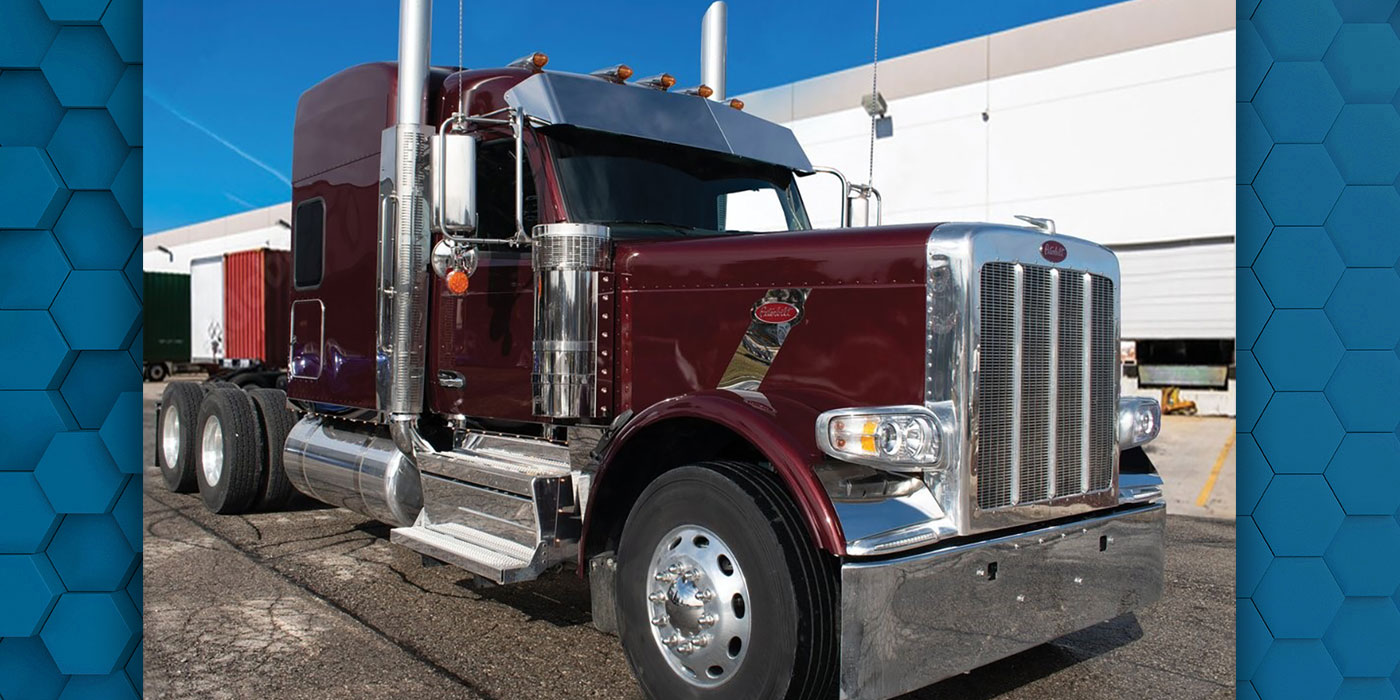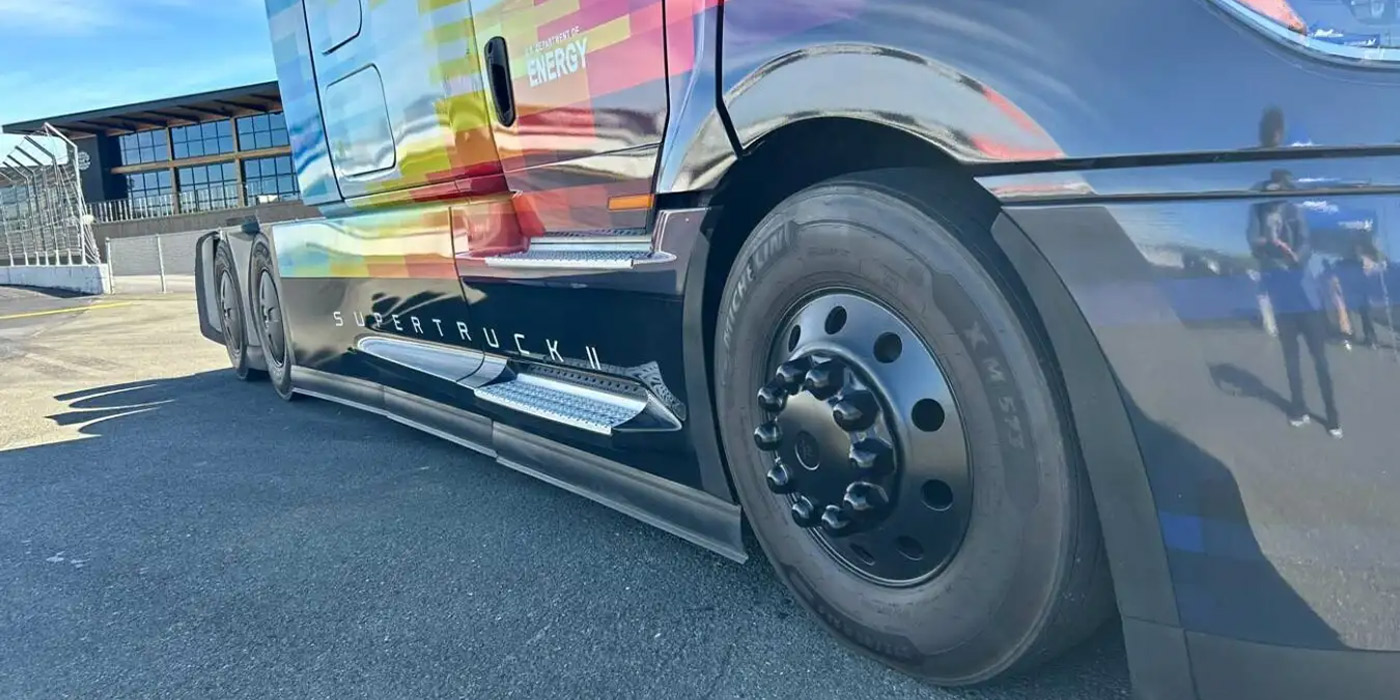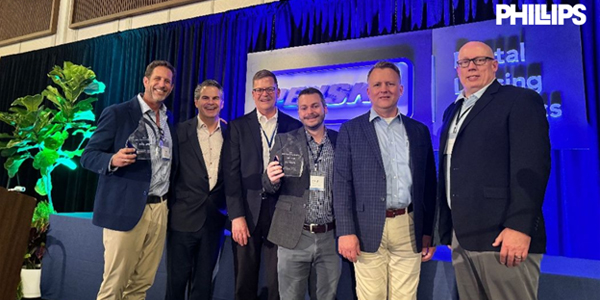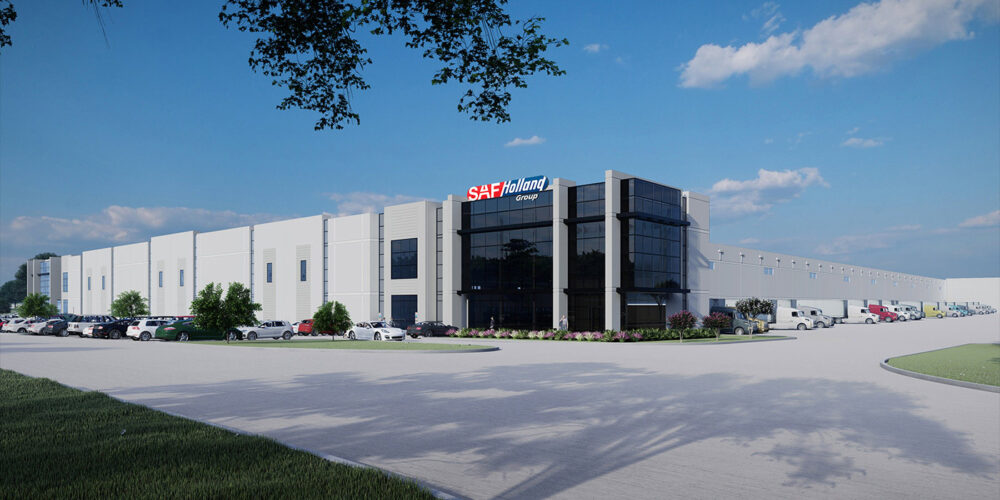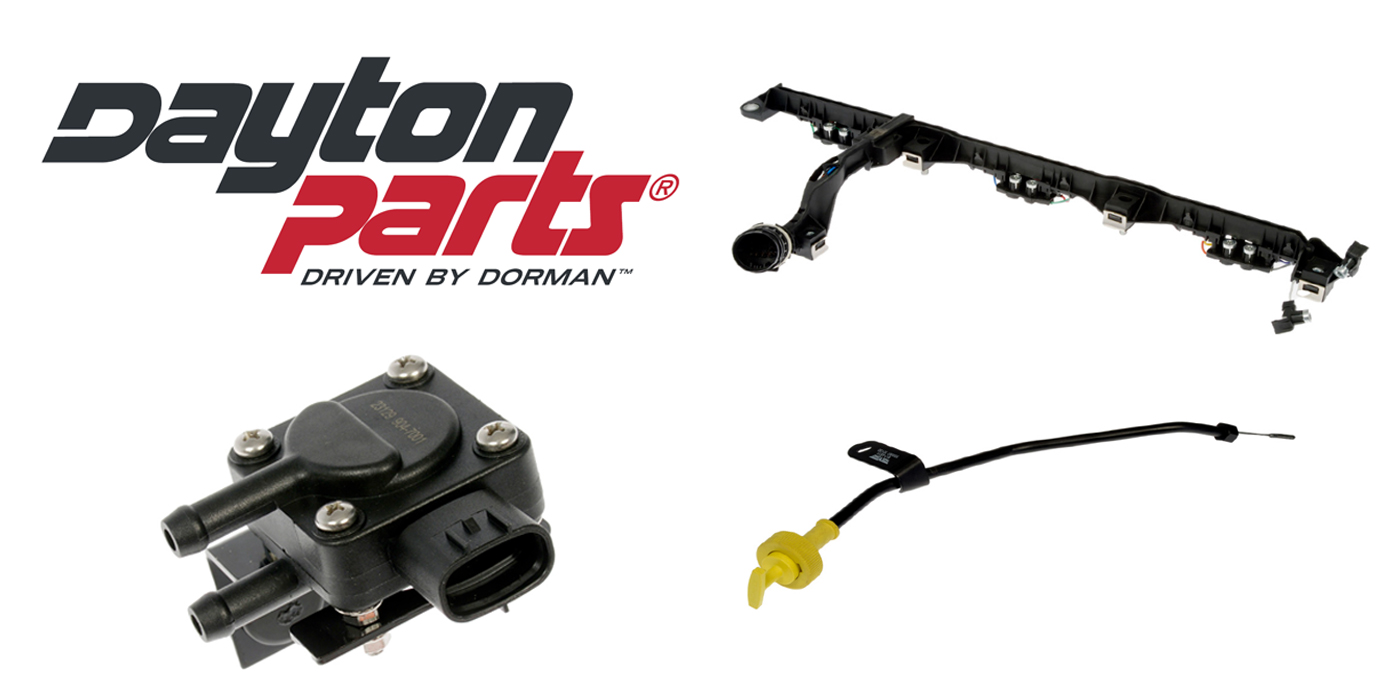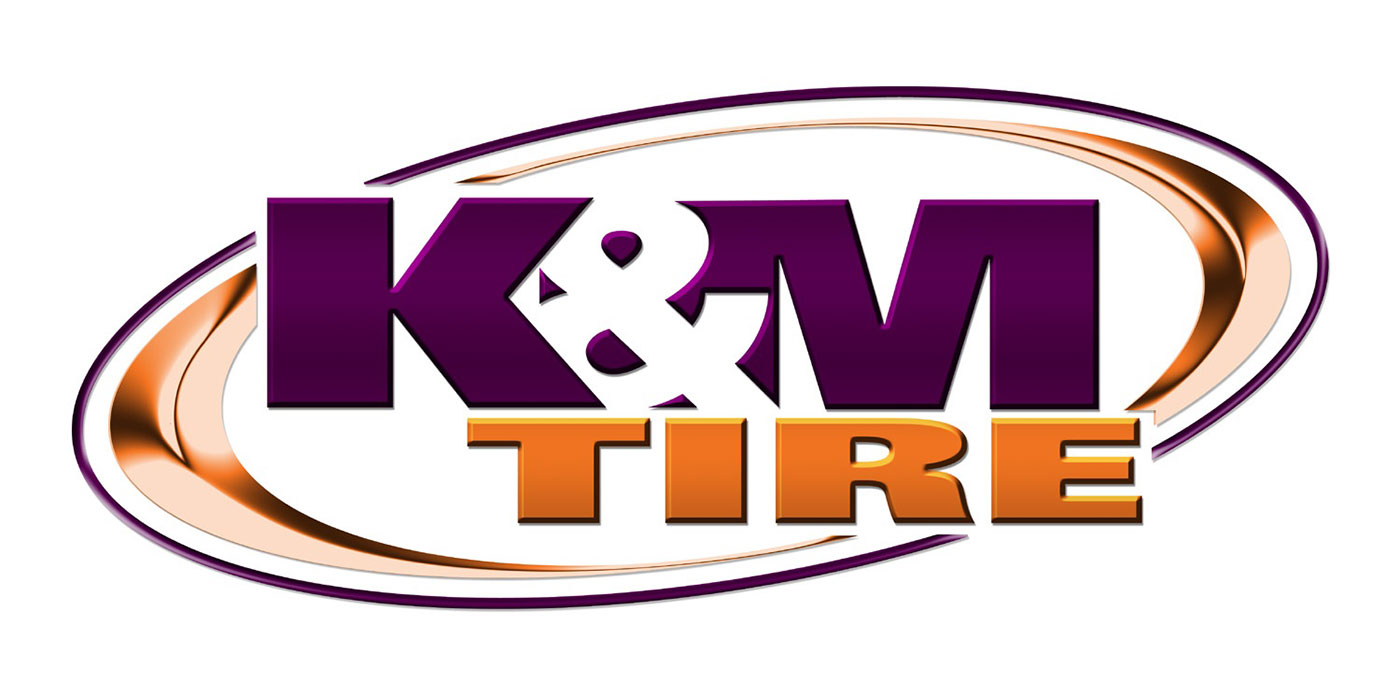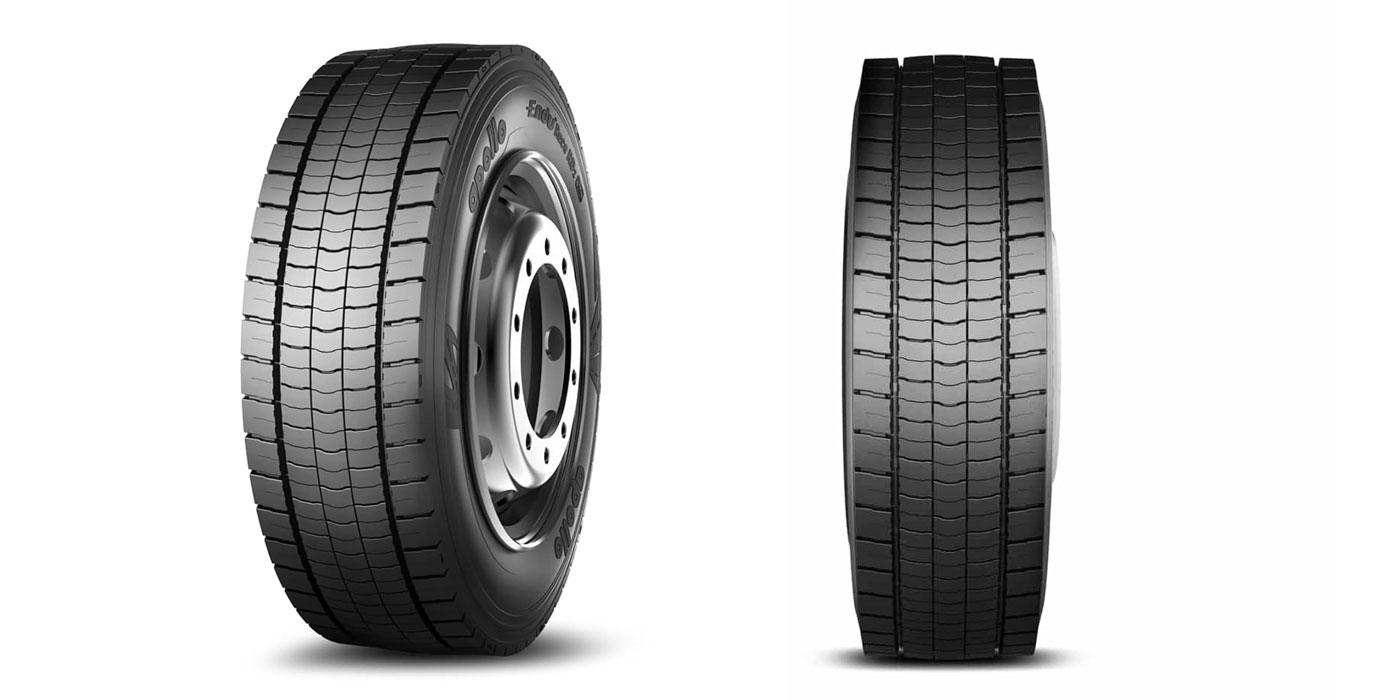Oil refiners made less money in the third quarter of this year. Most of them reported approximately half of the profits they made in the same period last year. The oil industry’s fortunes mirror the price of crude oil.
When crude oil prices were outrageous last year, oil companies were profitable and funded some alternative fuels R & D. By participating in alternative fuels activities, oil refiners can identify when threats to their business might materialize and make the necessary strategic moves to maintain their shareholders’ value. There may not, however, be sufficient incentives to move away from billion dollar investments in refining crude oil to producing alternative fuels. That’s why the government should provide tax incentives to fund the blending of biodiesel into diesel fuels.
Like many other big businesses, the oil industry spent heavily on lobbying in the third quarter of 2009 to influence policy makers to make decisions favorable to their industries.
For example, the U.S. EPA recently passed a rule requiring that marine fuels (currently at 1% wt. sulfur) be cleaned up. Immediately, the Lake Carrier’s Association convinced the EPA to exempt 13 Great Lakes ore and coal carriers (out of 55 total vessels) from the new requirements.
With the reduction in crude oil prices, the oil industry must move in different directions to maintain profits and shareholder value. And our government should be concentrating on reducing dependency on foreign sources of crude oil. Some branches of government are granting considerable funding for alternative fuels R&D; however, our federal legislators seem to be catering to special interests. For example, the Senate recently passed Cap and Trade legislation to “reduce CO2 emissions.” Polluters purchase CO2 emissions credits from industries that don’t pollute and pass the cost directly to their consumers.
Cap and Trade regulations do little to reduce CO2 emissions or encourage innovation. Cap and Trade is widely viewed as a failure in Europe. Why didn’t our legislators learn from that experience? Energy costs for all consumers, commercial and residential, will now increase significantly. Why not regulate actual CO2 output, something that would create new jobs?
Our government also needs to do a better job of controlling environmentalists. They are waging an all-out war against oil, and we are the ones paying for it. This year 1.6 million barrels of new refining capacity or diesel optimization projects either have been killed outright or delayed for as long as 18 months. Environmentalists make it very difficult to get refinery construction permits. In the near term we need to optimize diesel fuel production to keep costs down until biodiesel is commercially viable.
Also due to the poor economy, spending on biofuel refineries has decreased from around $5.7 billion in the fourth quarter of 2007 to approximately $1 billion in the first quarter of 2009. We need to emphasize alternative fuels R&D now!
When crude prices begin increasing again, those of us who must purchase heating and transport fuels will face significant cost increases. At least four factors will drive increases in heating and transportation fuel costs:
1. The falling value of the dollar (crude oil is valued in dollars).
2. Rising diesel demand as the economy recovers in 2010.
3. Inflation, which will become significant in two-to-three years.
4. CO2 regulations proposed for the power generation industry.
Fleet operators should start hedging fuel costs if possible in six to eight months.

